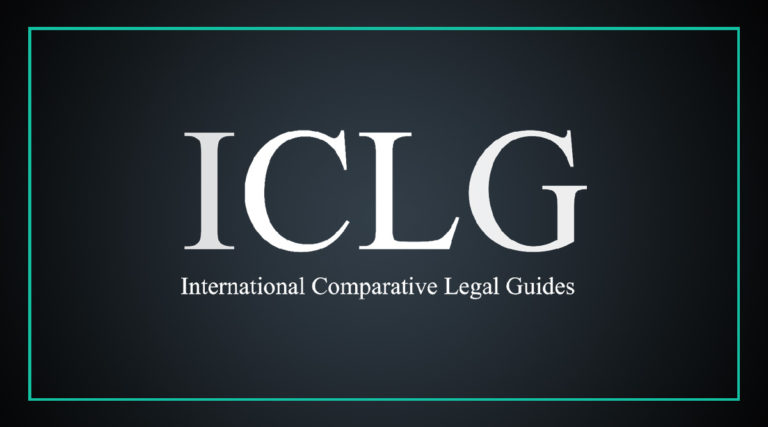
In Canada, six of the 13 provinces and territories have adopted franchise specific legislation: Alberta; British Columbia; Manitoba; New Brunswick; Ontario; and Prince Edward Island. Each provincial franchise statute defines a ‘franchise’ in a similar manner to include the following key elements: the grant of a right to sell or distribute the goods and services of the franchisor in return for (indirect or direct) payment or ongoing payments where:
(i) the franchisee is also granted the right to use the trademark (or other intellectual property) of the franchisor and the franchisor exercises significant control or offers significant assistance; or (ii) representational or distribution rights are granted together with location assistance (e.g. securing retail outlets). The definition is broad and can in some circumstances bring within its ambit business arrangements that would not typically qualify as “franchise” arrangements.
Read the complete Q&A Chapter on Franchising in Canada from the latest edition of the International Comparative Legal Guide – Franchise 2018.
Reproduced with permission from Global Legal Group., the International Comparative Legal Guide – Franchise 2018, (published in September 2017). For further information please visit ICLG Franchise. The chapter and any of its contents may not be copied or disseminated in any form or by any means or downloaded or stored in an electronic database or retrieval system without the express written consent of Global Legal Group.
This post is published to inform clients and contacts of important developments in the field of franchise and distribution law. The content is informational only and does not constitute legal or professional advice. We encourage you to consult a Dickinson Wright lawyer if you have specific questions or concerns relating to any of the topics covered here.
